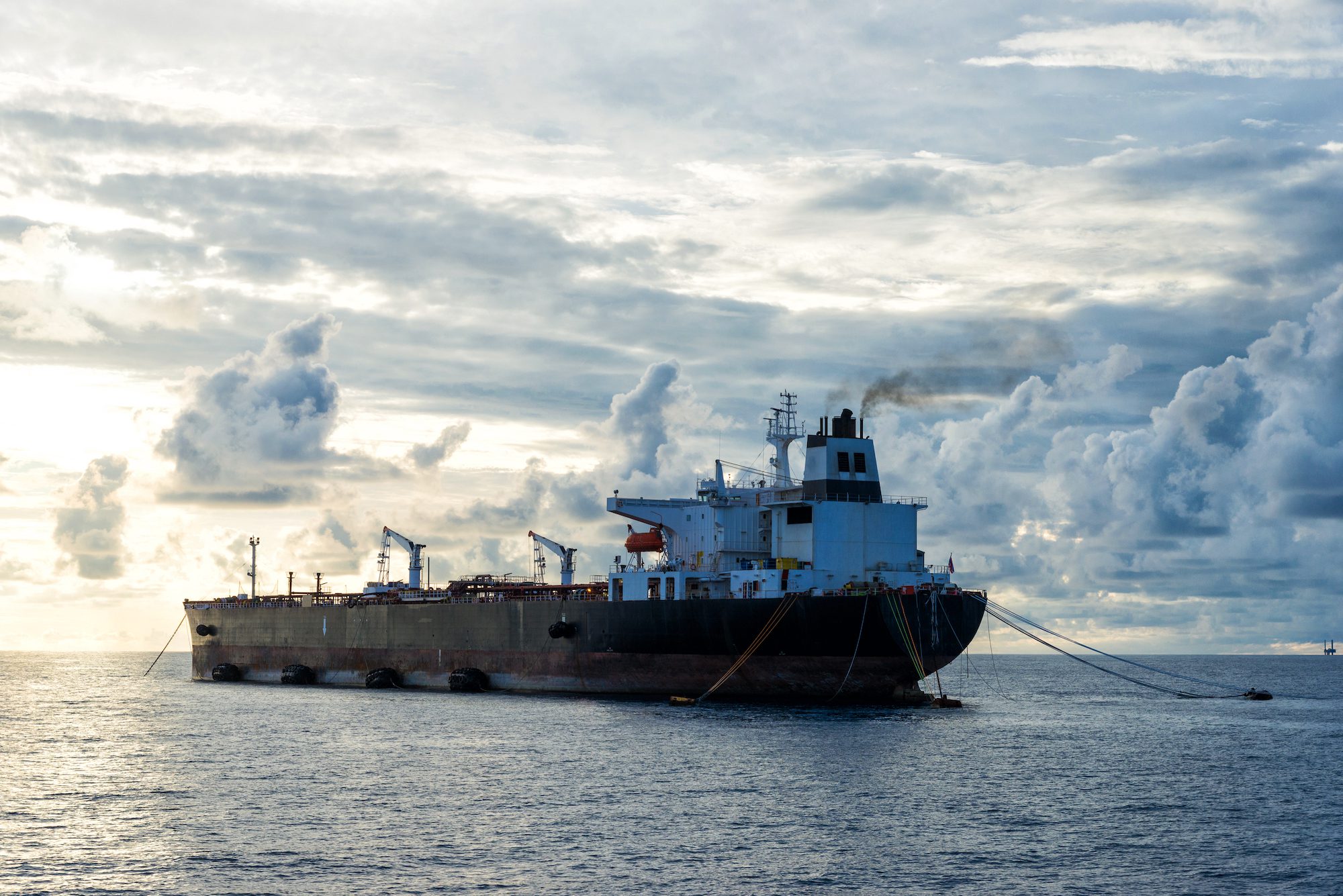U.S. Federal Maritime Commission issues Orders of Investigation into ONE and Wan Hai Lines
By Barry Parker
In the wake of 2021’s tumultuous supply chain disruptions, the Federal Maritime Commission (FMC), the U.S. overseer of liner shipping, has taken a more aggressive stance.
Encouraged by a July 2021 Executive Order from the White House regarding “Competition in the American Economy”, the FMC now has the remit to look closely at anti-competitive practices of the liner carriers- with “demurrage and detention” practices on containers attracting particular scrutiny. In some (not all) cases, carriers assert that the cargo side hoped to use containers as what were effectively temporary warehouses (with the real facilities all filled up); carriers were striving to keep the boxes moving, with cargo shippers noting the carriers’ desire to quickly grab “empties” and send them back to Asia so they could be filled up again with high paying cargo inbound to the States.
During this past summer, the FMC had signed a Memorandum to cooperate with the Department of Justice, and the tail end of 2021 saw the agency girding for action, with its mandate to respond more quickly and forcefully to issues raised by U.S. domiciled cargo interests, sometimes the “complainants” prompting FMC action.
In the FMC’s end-2021 flurry of activity, the Ocean Network Express (“ONE”, a consortium of three large Japanese carriers) and the smaller Taiwanese independent Wan Hai Lines, both were on the receiving end of Orders of Investigation from the agency. In each case, the complaint is laid out in the respective Order, with written responses required within 25 days.
These investigations would then lead to an actual hearing, within six months, presided over by an Administrative Jaw Judge (a Federally appointed Judge) handling FMC matters. The Judge has the power to impose monetary penalties on the “respondent” (the carriers, in these instances), if a violation of the law (here, codified in the Shipping Act of 1984) has occurred.
The investigation into ONE actually stems from a late 2020 inquiry into carriers’ practices regarding bills of landing that pre-dates all the 2021 hoopla. Cutting through the legalese, a Non Vessel Owning Common Carrier (NVOCC), not listed on bills of lading, arranged for a containerized lumber cargo from Brazil into Houston. For unspecified reasons, the cargo sat on the dock in Houston from November 2018 into January 2019, and it seems that ONE then charged detention to the NVOCC and brought a lawsuit in Federal District Count, in an effort to collect it. The FMC investigation will look closely at “privity” on bills of lading.
The investigation into Wan Hai will look very closely into practices of carriers concerning the return of empty containers, and detention charges when the boxes are not turned back to the carriers. According to the FMC’s complaint, Wan Hai charged cargo interests for detention nearly two dozen times during the Spring, 2021, when the jammed up terminals at southern California ports were unable to accept returns of containers.
Again, the FMC’s Order of Investigation document delves into legalities, but the question is whether the carrier should have waived the detention charges on boxes, which it did not (arguing that it did not control the appointment system for drayage- trucks coming into terminals to retrieve containers).
The marketplace may be more effective than Administrative procedures in getting boxes moving expeditiously in a world of complicated supply lines and muddy legalities. As a footnote, Wan Hai was reported, in mid December 2021, to be making arrangements with additional terminals in the southern California ports complex, sending in “sweeper” vessels to grab empties, as well as arranging sailings to ports in northern California, and- in a few cases, to U.S. East Coast terminals.

 Join The Club
Join The Club










